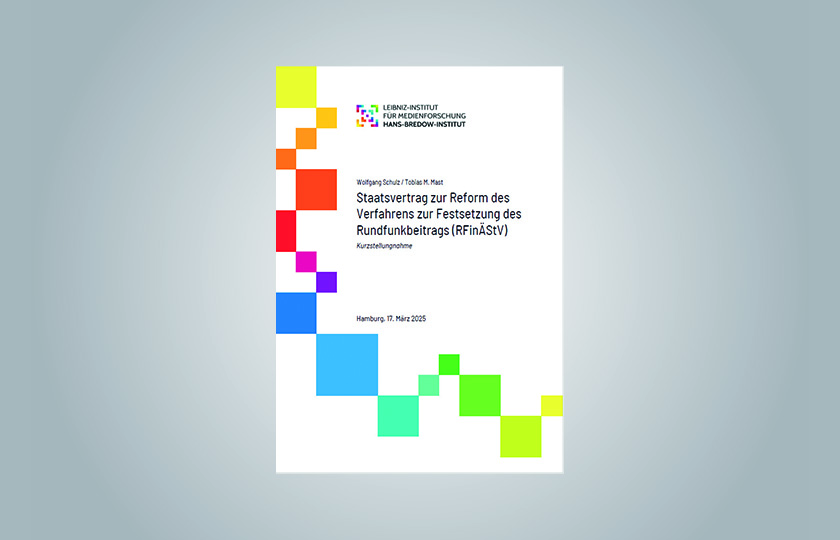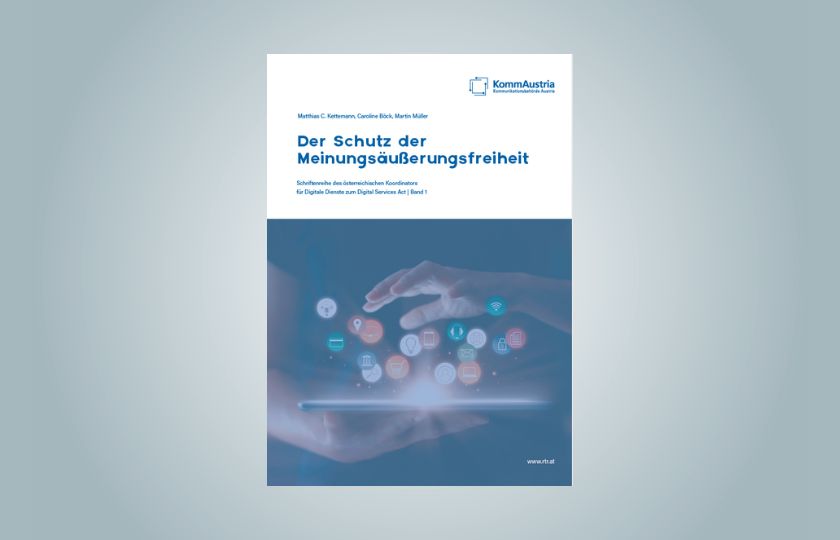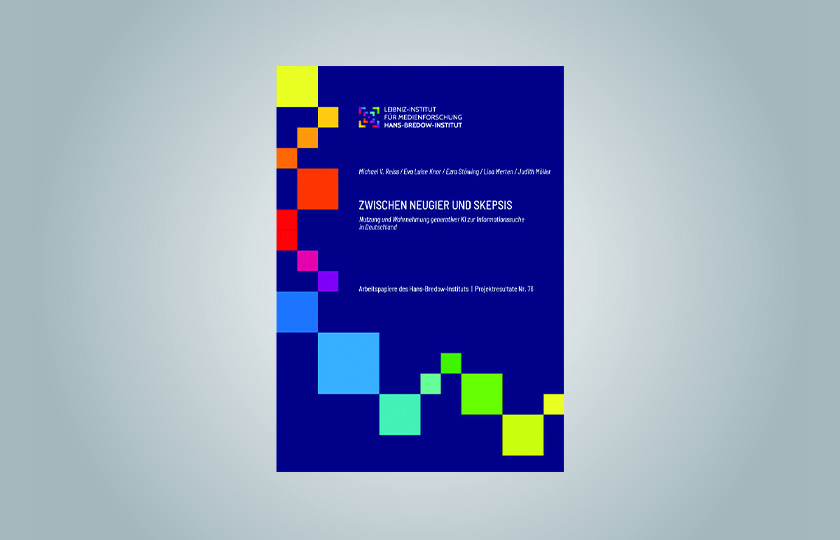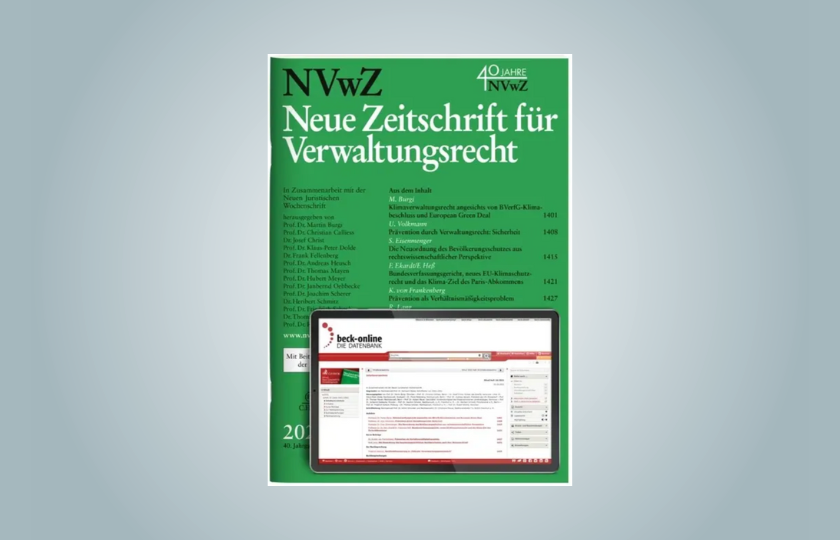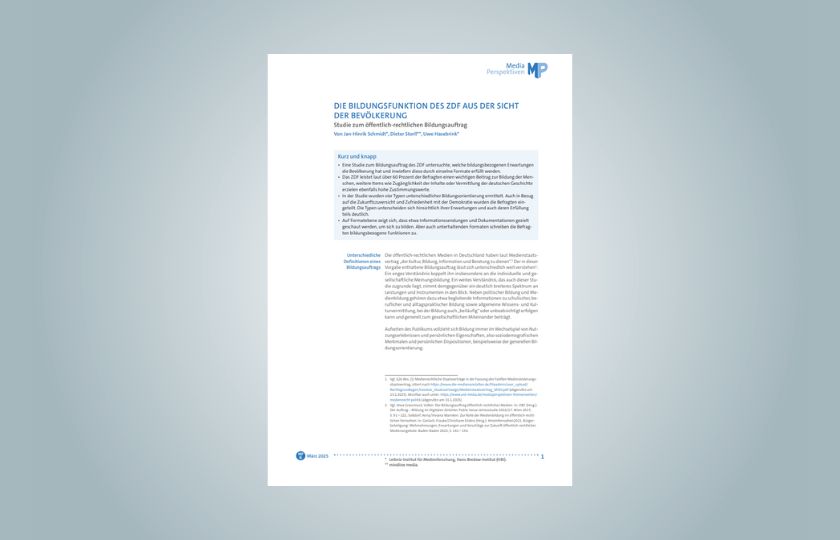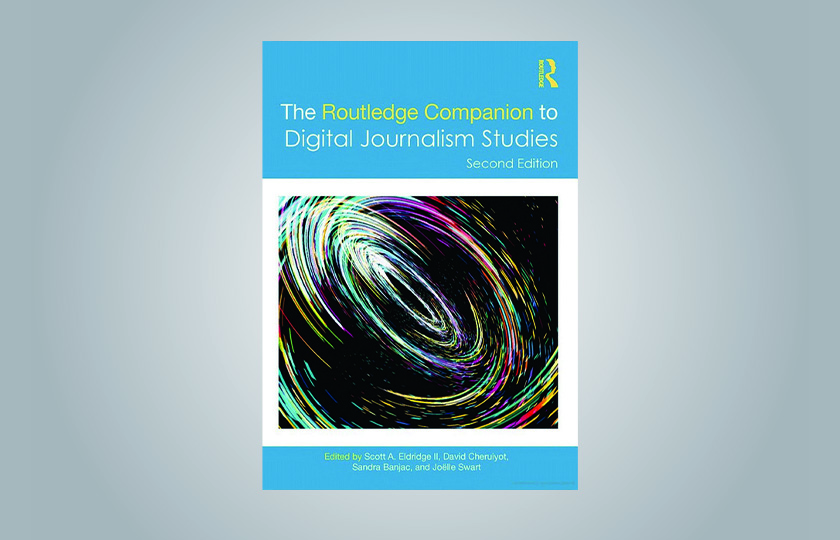The project examines the relationship between the news sources people use and the trust people place in news. It is based on data from the Reuters Institute Digital News Survey.
A well-informed population is an elementary prerequisite for the functioning of a democracy. In digital media environments, in addition to established news offerings, users have access to numerous other actors and offerings that provide information about current events in Germany and the world. Increasingly personalised digital information offerings further complicate the notion of a divided public, which makes trust in news sources a decisive factor for the formation of opinions and the information behaviour of citizens.
If we want to find out how the population informs itself and what conditions this creates for the formation of social opinion and will, we need to conduct in-depth studies that cover the entirety of the media and communication channels that can be used for news, based on the current state of technical development.
This is where the project “Trust in Established News Sources and its Influence on Digital Information Choices – A Study Based on the Reuters Institute Digital News Report” comes in. It examines the connections between the news sources people use and the trust they have in news.
Research Questions
The key questions of the analysis are:
- Levels of trust in established news sources: How has trust in established news sources developed in Germany over the long term and to what extent does this development differ from other selected countries?
- Use of digital news sources: Which news repertoires does the adult online population in Germany use to inform themselves about current local, national and international events?
- Connection between trust and use: To what extent is trust in a source connected to the use of this source? What influence do different news repertoires have on trust in news in general and in the news that are used?
- Influence of socio-demographic factors: Which socio-demographic factors influence trust in established news sources and to what extent do these influences differ between different selected countries?
The Reuters Institute Digital News Report, a comprehensive survey coordinated by the Oxford-based Reuters Institute for the Study of Journalism and conducted in 46 countries since 2012, provides the data for the analysis. It is an annually updated inventory of news usage across different platforms and services. The surveys are conducted every year at the same time with over 90,000 respondents, allowing for the observation of general trends over time, national specifics as well as differences between different countries and media systems. The sample is based on an online survey of adults and is representative of internet users in the respective countries aged 18 and older.








